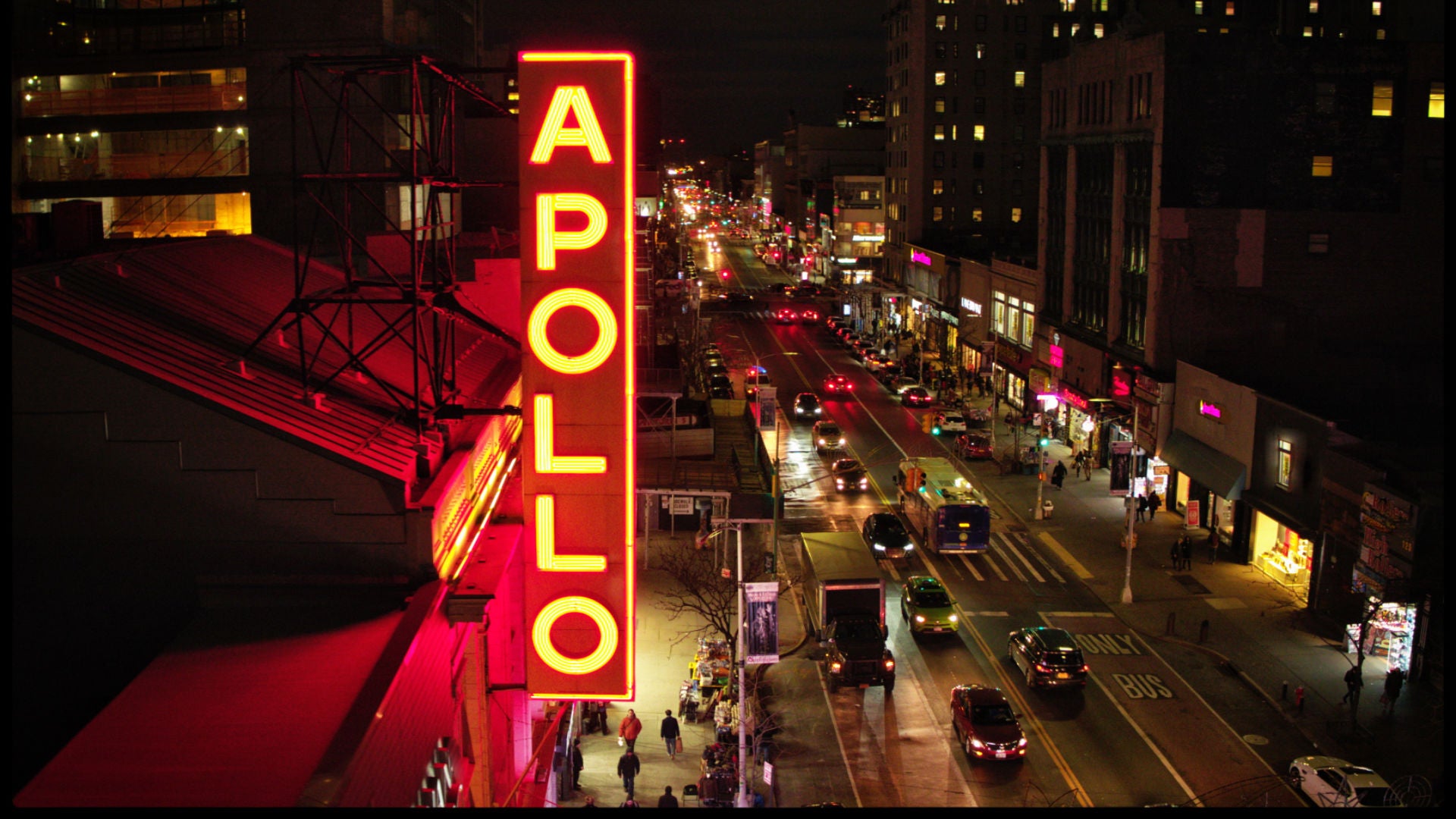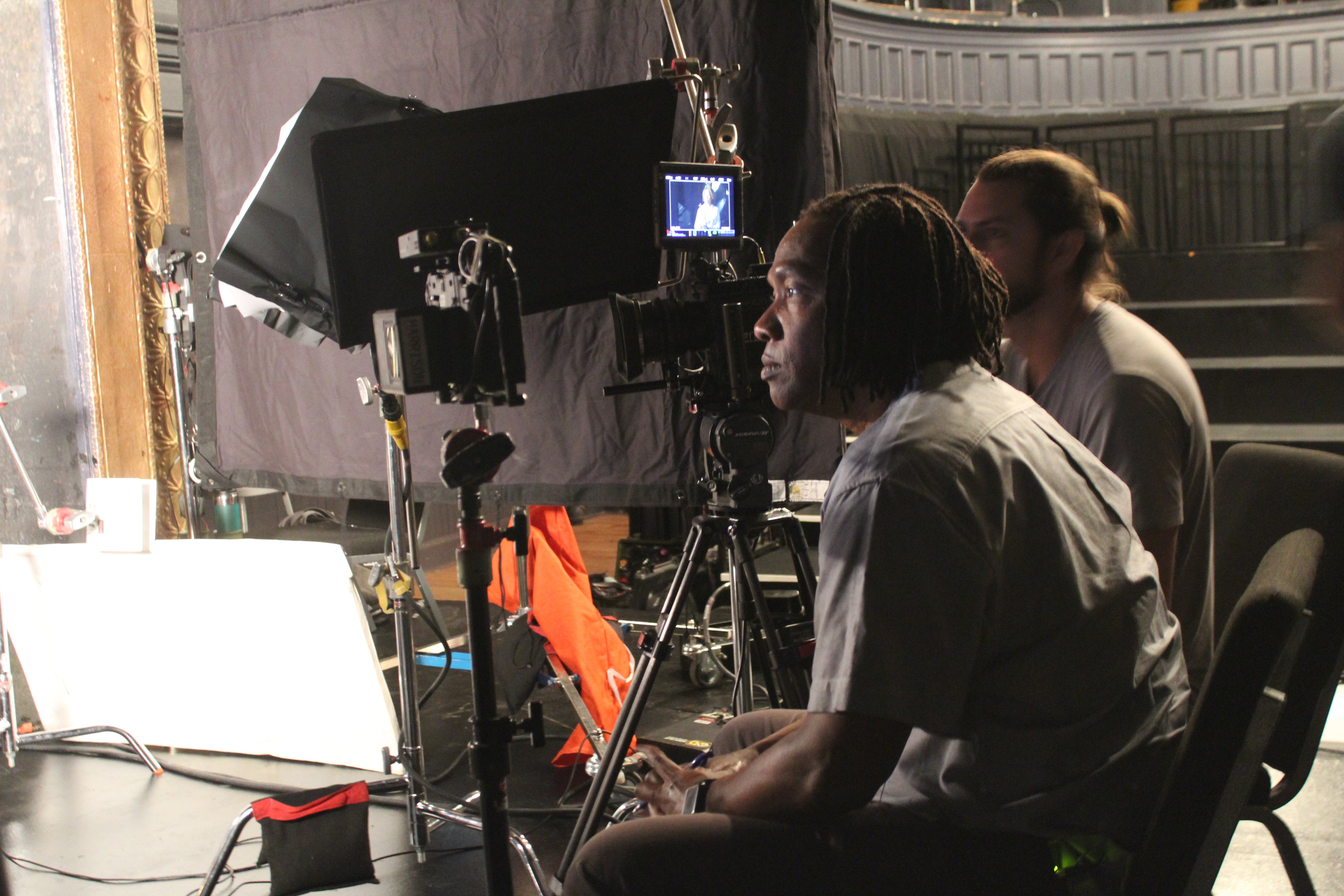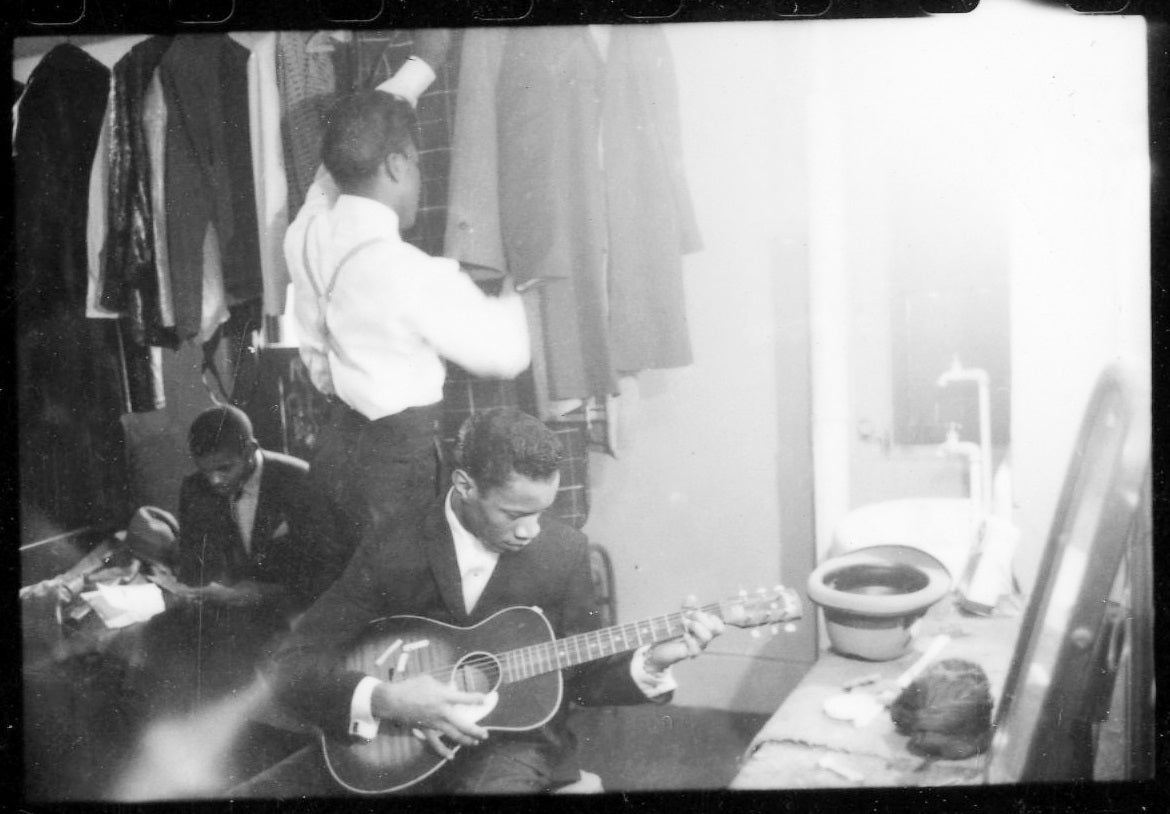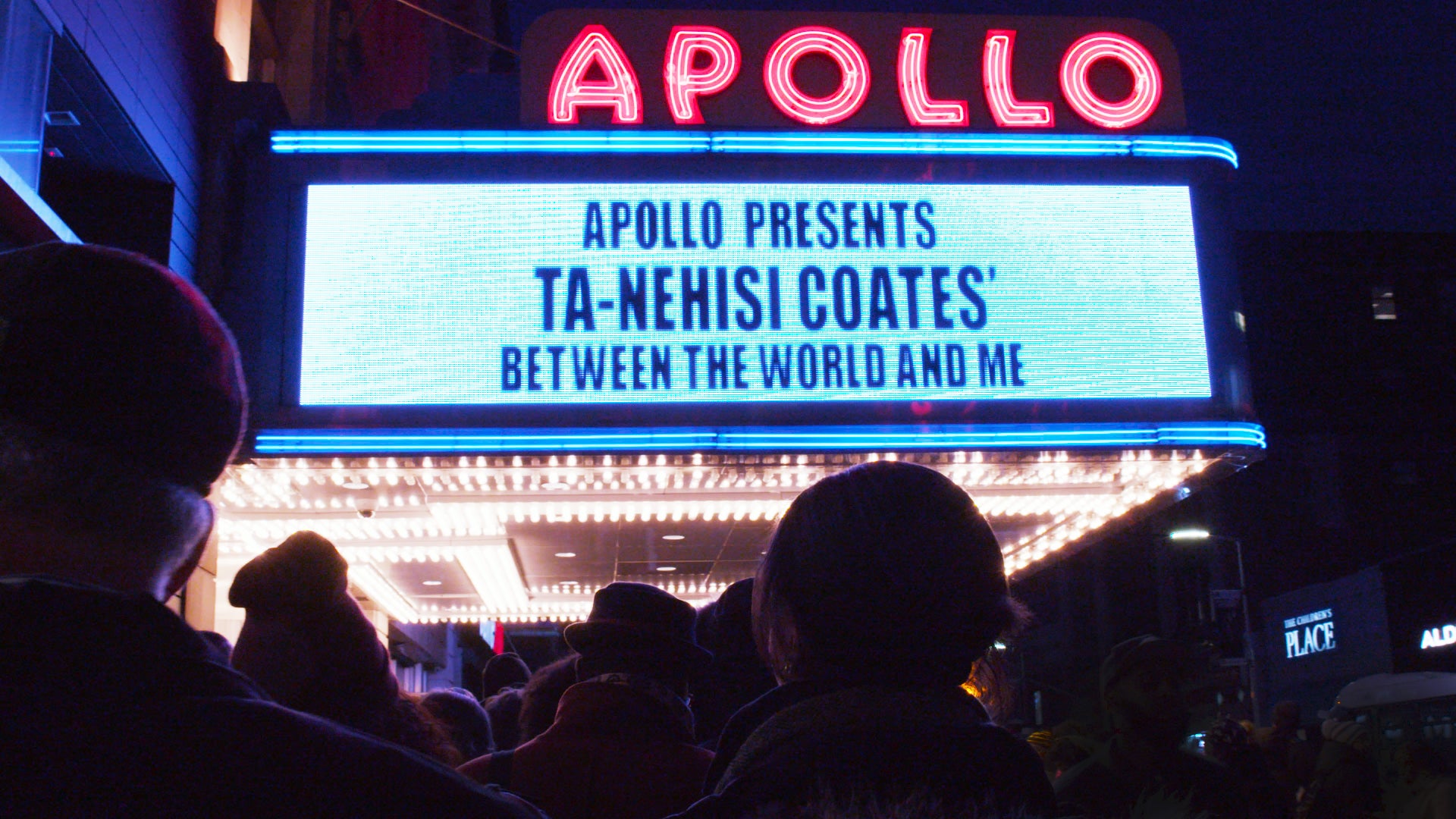
The Apollo Theater is an iconic, legendary fixture in New York City. Its hallowed halls were where many great Black artists, such as Ella Fitzgerald and Stevie Wonder, launched their careers.
And yet, much to Oscar and Emmy-winning Director Roger Ross Williams’ amazement, despite the 85 years of history, knowledge, and power embedded in those walls, there has never been a definitive documentary on the renowned theater.
“For me, the Apollo personifies what it means to be Black in America. It’s the center, the sort of nucleus of Black culture, and Black music, and Black art and 85 years of history,” Williams explained to ESSENCE in a phone interview.
Williams felt he had no other choice but to share this important piece of Black history with others. And just like that, the documentary The Apollo is set to premiere on HBO Nov. 6 at 9 pm EST.
It’s Showtime
Williams, who was the first Black director to win an Oscar, expertly wove in the music hall’s unique history, with special focus on its iconic Amateur Nights, with the hope for the future and legacy of the Apollo, using the stage adaptation of Ta-Nehisi Coats’ award-winning book, Between the World and Me to drive home that point.

“Amateur Nights began in 1934 and it was the first time that the audience was given the power to pick the winner. That says a lot because there is nothing like the audience in Harlem, Black audiences respond,” Williams emphasized. “There is the call and response of the artist and the audience that is based in the Black church and so when you were in the Apollo when you were an artist there, it’s like you’re going to church.”
But the film isn’t just about what was going on inside of the Apollo, but also about the things that were going on around Harlem and across the country at the time—highlighted by Billie Holiday’s mournful voice belting out Strange Fruit, or when James Brown loudly proclaimed from its stage, “I’m Black and I’m Proud.”
“The Apollo is the town hall. It’s much more than a house of music and entertainment,” Williams said. “It is a house where we voiced who we are as the people and where we are in this country and where we want to be, and where we are going, and the struggles we face.”
The feature of the stage adaptation of Between the World and Me—which boasted the talents of Angela Basset, Black Thought, and many more famed actors and artists—highlights how much has not changed since then, not only in the Black experience but within the Apollo.

“Ta-Nehisi says this and I believe this, that the Apollo is the only place he could have done [the stage adaptation of] Between the World and Me, because of the history and because the Apollo is still there to serve Black audiences,” Williams said. “The Apollo is still that sort of special place where Black artists can actually hear from their community and actually speak to them.”
But perhaps most of all, The Apollo showcases the unique talent of Black folk, to make something beautiful, even out of pain, to express their truths in wildly creative forms, in a stunning display of defiance and resilience.
“Through art, we have immense power as Black people to speak our truth, to connect with and understand each other, and to broadcast the reality, good or bad, of the place we have held in American culture,” Williams said. ‘We have always used art and music, comedy to speak to the reality of who we are and the rest of the world has always latched on to that and has been inspired by that. We are resilient as Black people in America and the Apollo represents that resilience in a way that is so powerful. We must continue to be resilient because we are up against incredible struggles and problems today in America.”
